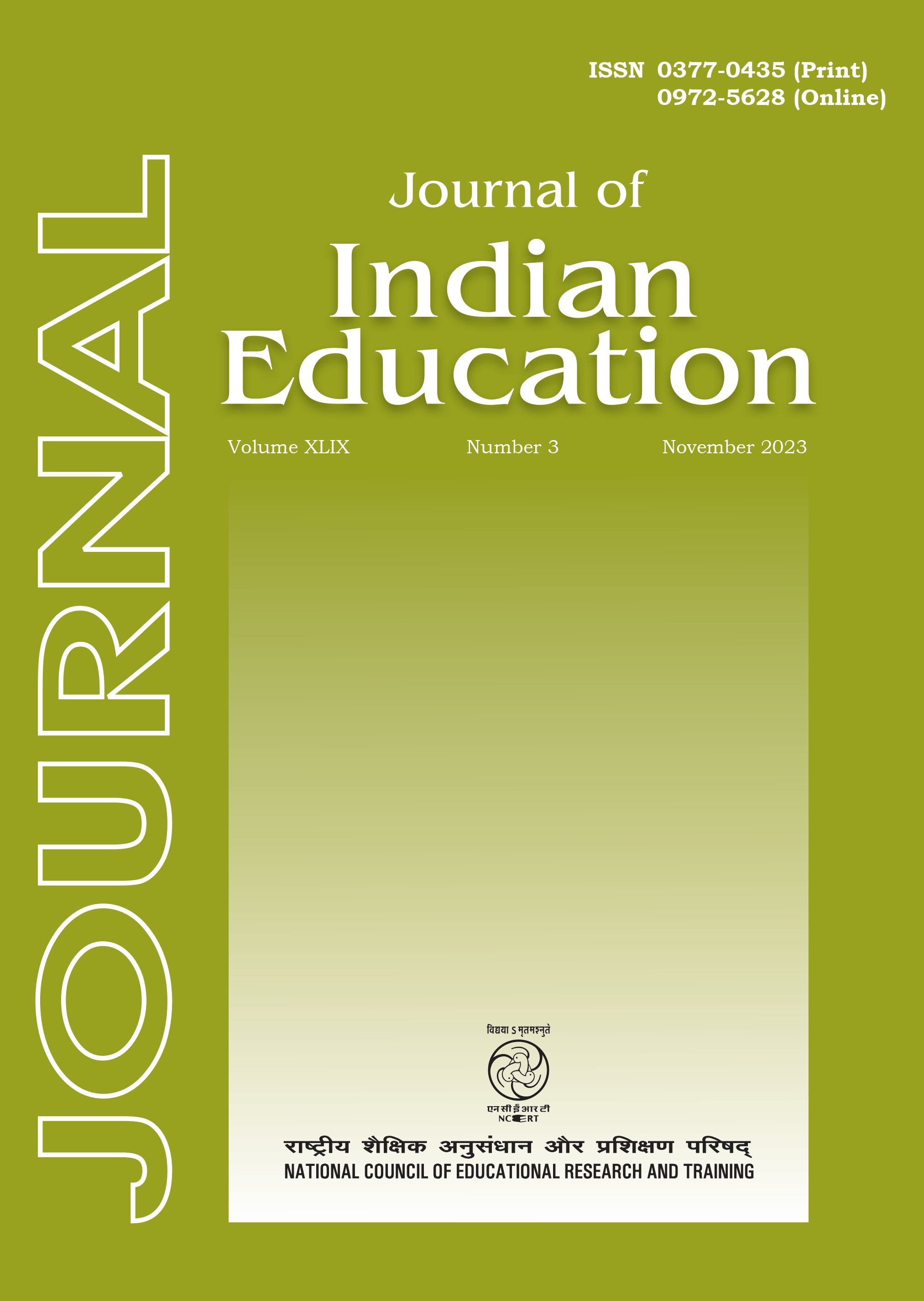Exploring Students’ Thought Processes Involved in the Interpretation of Electric Field and Field Lines
Published 2023-11-30
Keywords
- Physics,
- higher secondary and undergraduate students,
- interpretation skills,
- teachers and teaching learning materials,
- electric field lines
How to Cite
Abstract
Physics is introduced as a separate subject at the higher secondary stage in India. Many students who score good grades in physics in the examination even have significant conceptual difficulties and fail to apply their knowledge for further learning. In this context, teachers’ understanding of the thought process of the students and the process skills of learning become significant. In this paper, we have critically examined the interpretation skills of higher secondary and undergraduate students on the concept of electric field and electric field line mapping. An exploratory method was designed wherein a diagnostics test comprising basic aspects of electric field and electric field line drawing were administered to 39 students of Class XII, JNV, Munduli, Cuttack; 47 students of Class XII, DM School, Bhubaneswar; 18 students of NISER, Bhubaneswar, and 32 students of the integrated B.Sc. B.Ed. Semester IV students of RIE, Bhubaneswar. Immediately after the test, a structured interview with eight randomly selected students from each institute was conducted. The study reveals some common inadequacies of students’ interpretation skill and initial abilities on the concept of electric field lines. It also reveals that the thought processes of most of the students are inconsistent. The findings also suggest that the knowledge acquired by most of the students on the concept of electric field lines is nominal rather than functional. To acquire basic physics knowledge that students can apply in different situations, it is necessary for teachers to recognise the requisite thought processes of the students and to emphasise on those more explicitly. The findings also have implications on instructional strategies of teachers and teaching learning materials

